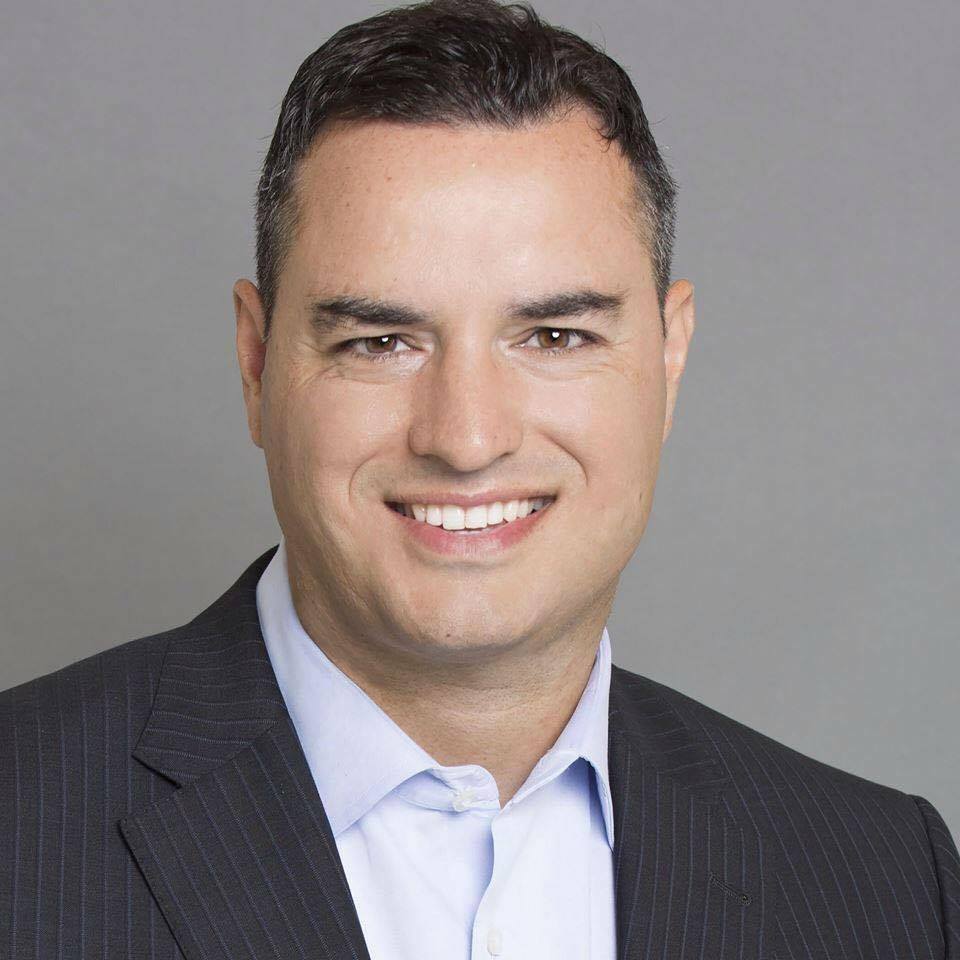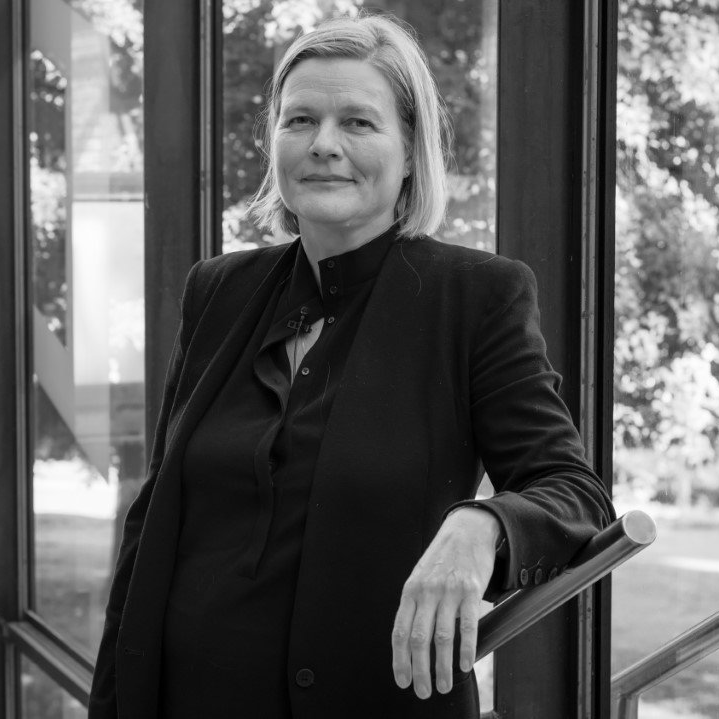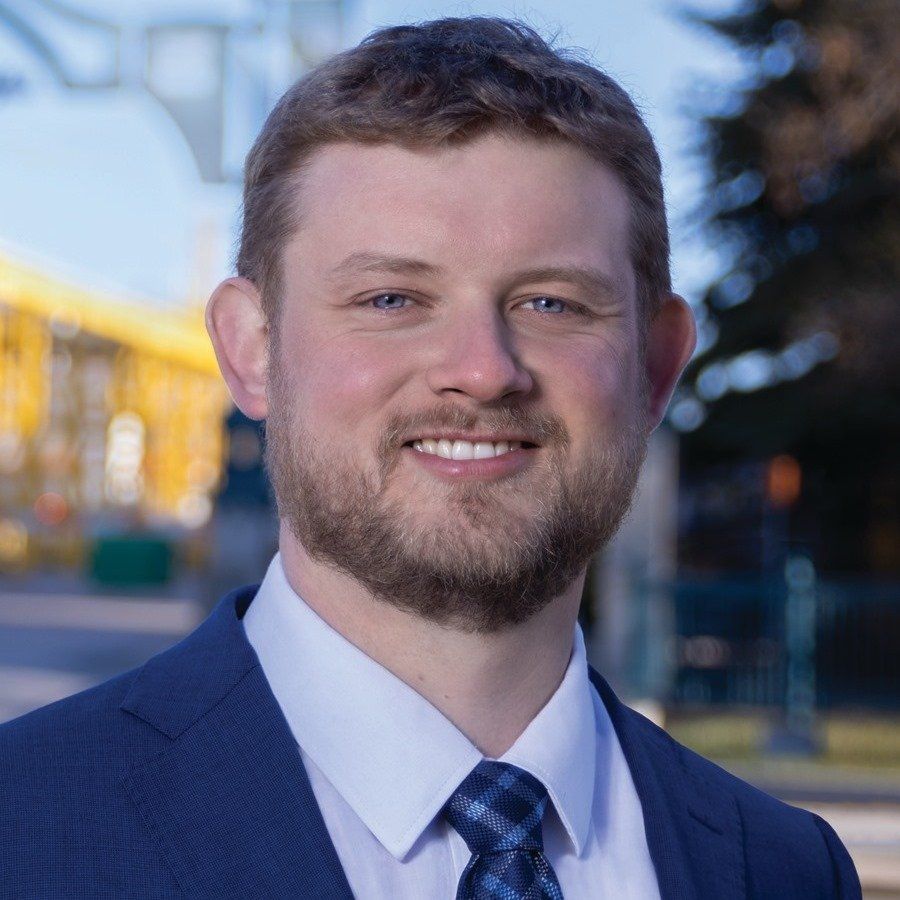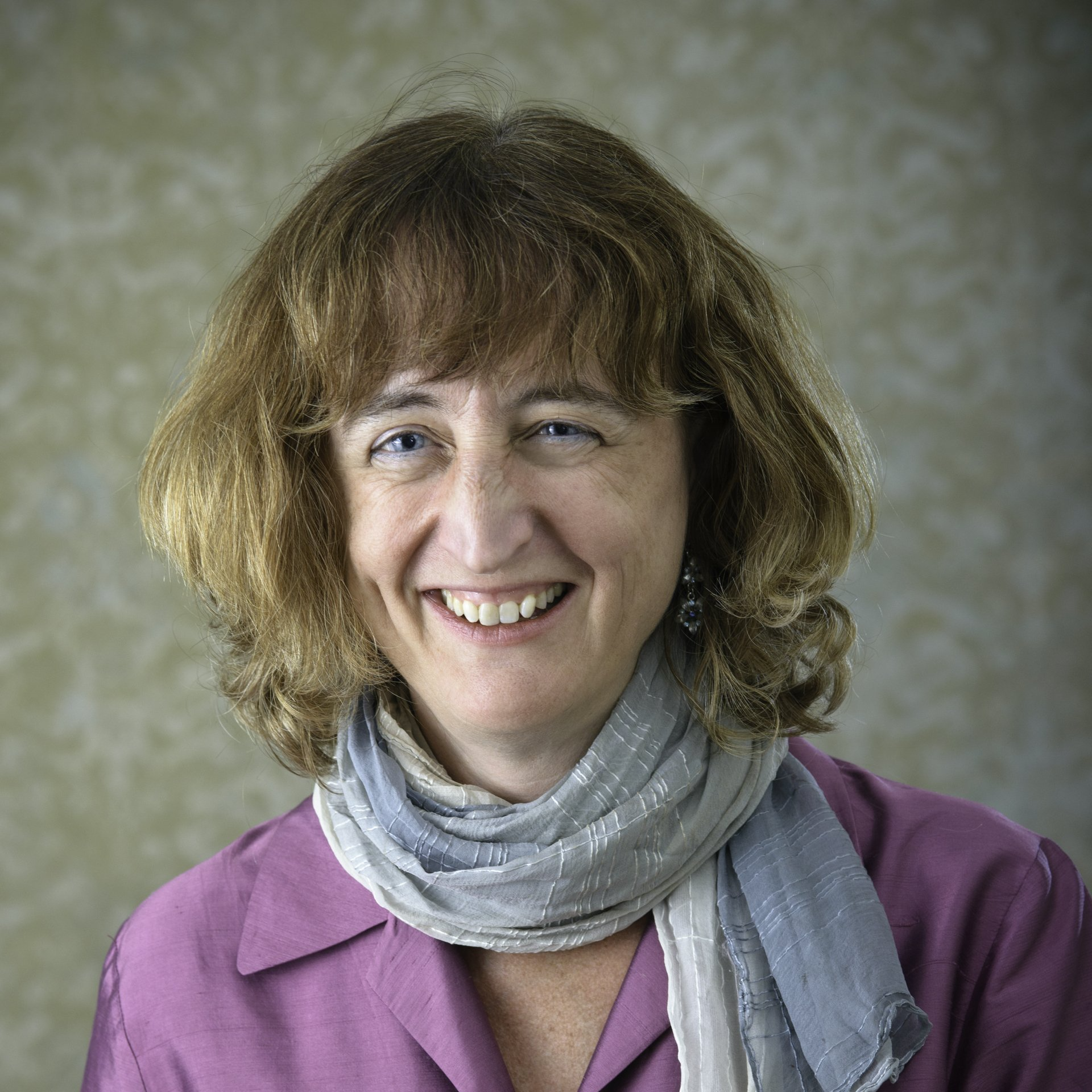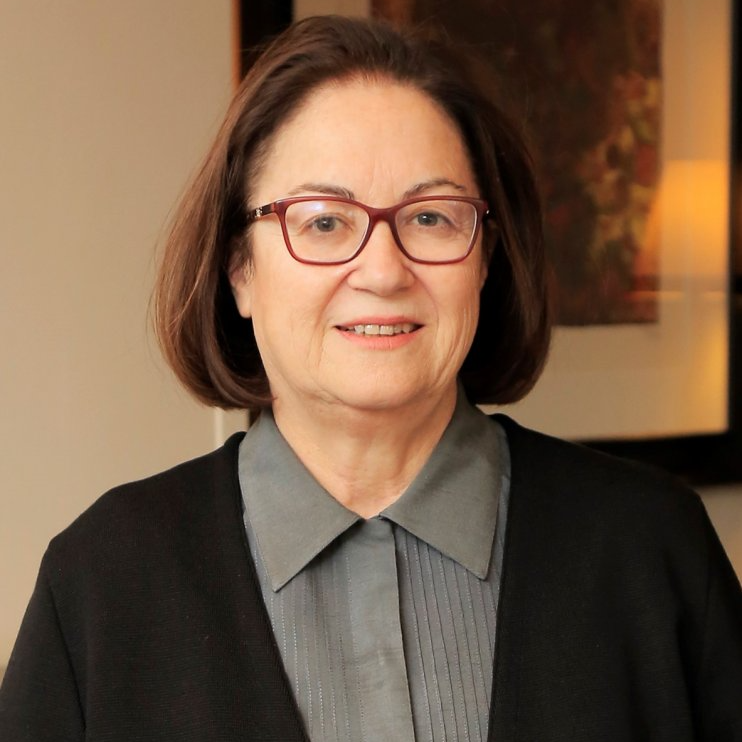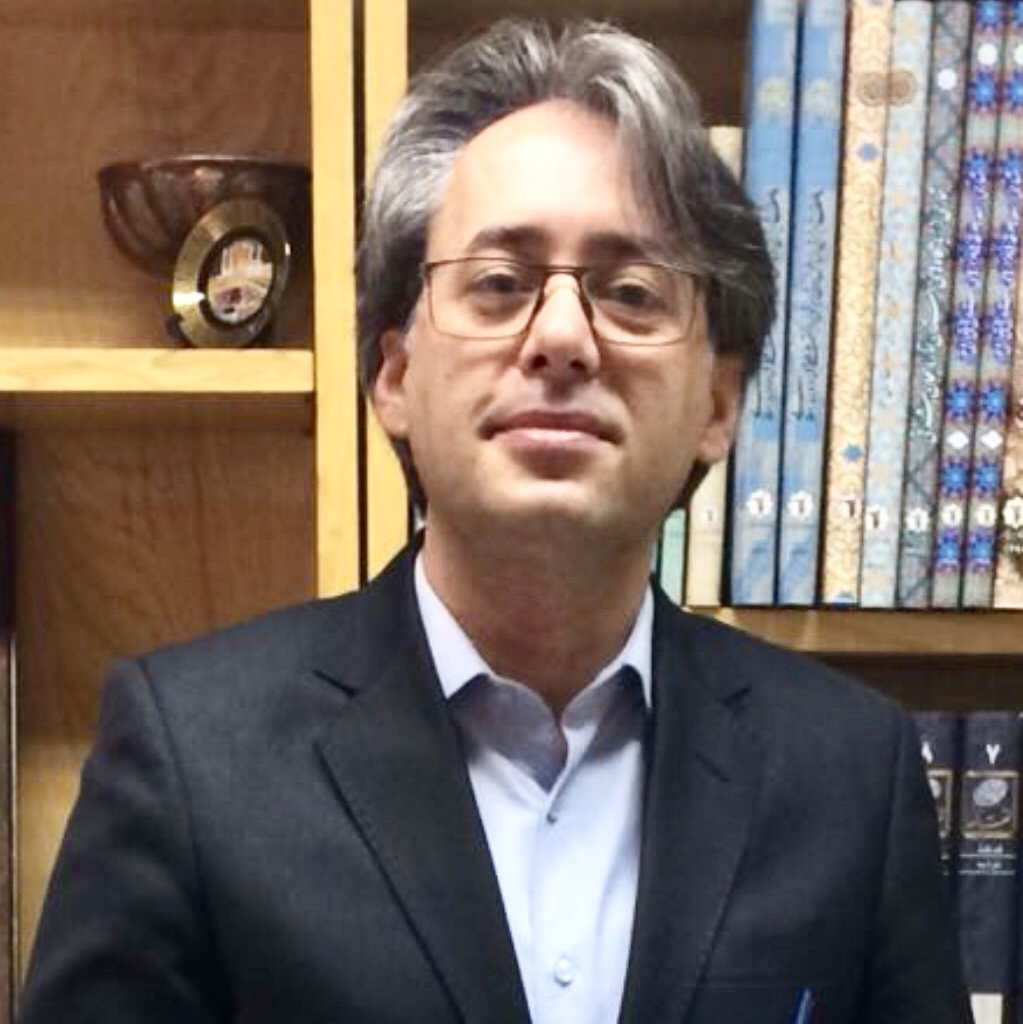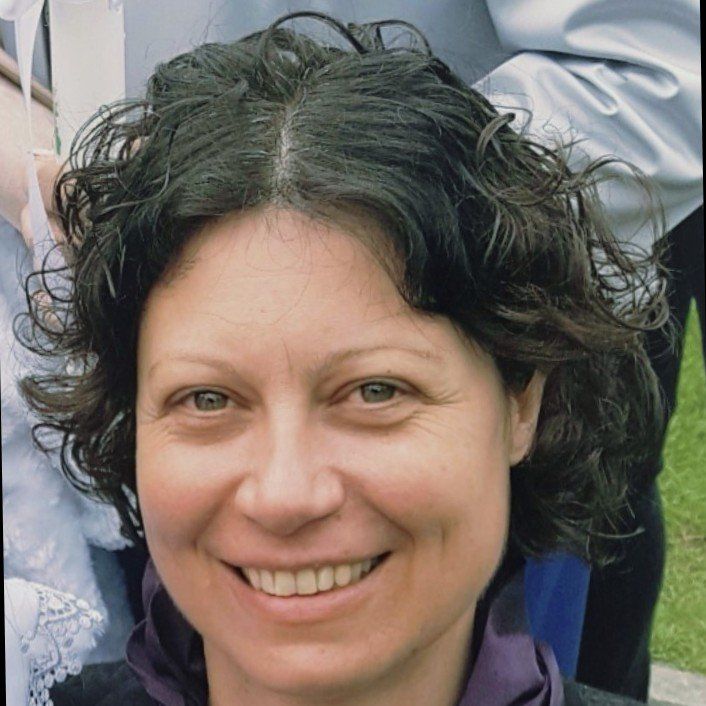Housing and Urban Recovery
1:00 - 2:45 PM EDT
Topic: The Role of Housing: Creating Cities that are Inclusive, Resilient, Safe & Sustainable
Housing is one of the key elements for urban equality, and as a practical arena for shifting societal behaviour in a world affected by climate change and pandemics. There are a number of good practices for effective and scalable solutions being adopted by the cities, institutions, and people most impacted by COVID-19, who are least likely to have a steady place to call home and most affected by the damage to our climate.
This session will examine cities that are moving toward more just, equitable, resilient and sustainable models and provides a platform for cities and urban settlements to share and learn from each other so that no one is left behind.
Speakers
Moderator of the Session
Kelly Skeith
- Acting Chief Development Officer, Toronto Community Housing, Canada
Kelly Skeith was appointed as Acting Chief Development Officer on June 23, 2021.
She joined Toronto Community Housing in 2013 as a Development Manager in the Development Division. Kelly has 19 years of experience in residential land development, land use policy planning, socio-economic impact assessment, and public engagement. She has led teams on numerous TCHC revitalization sites, including Regent Park, Alexandra Park, Leslie Nymark, Allenbury Gardens and Don Summerville. Prior to joining Toronto Community Housing, Kelly worked for Infrastructure Ontario and in private consulting.
Moderator of the Session
Martin Medeiros
- Councillor, Chair of Planning and Development, City of Brampton
Martin was first elected as Regional Councillor for wards 3 & 4 in 2014 and was re-elected to office in 2018.
For the 2018-2022 term of Council, Martin was elected as Chair of the Planning and Development Committee, the Audit Committee, and is member to the Citizens Appointments Committee, Governance and Operations Committee, CAO Performance Review Committee, the Downtown BIA, and Brampton Senior Citizens Council.
At the Region of Peel, he was elected Chair of Human Services and is member to various committees, he will also serve on the Peel Police Services Board from 2021-2022.
In his first term of Council (2014-2018) Martin served as Chair of Corporate Services, was member of the Blue Ribbon Panel, member of Audit Committee, the Downtown BIA, Cycling Committee, Inclusion & Equity Committee, Age Friendly, and Seniors Council at the City of Brampton. At the Region of Peel, Martin served on a number of committees including the Government Relations, the Emergency Management Program Committee, was Chair of Human Services, and vice-chair of Corporate Services.
Martin Medeiros was born and raised in Brampton to Portuguese immigrant parents. He attended Our Lady of Fatima elementary school and Cardinal Leger and St. Augustine secondary school. Martin received an Honours Bachelor of Arts degree from York University and a Master’s degree in International Affairs and Public Administration from College of Europe in Belgium.
Martin brings over 14 years of public administration experience to his role on Brampton City and Peel Regional Councils. Martin’s career includes progressive experience with the European Commission, the United Nations, and the Regional Government of the Azores, Portugal and, most recently, with the Ontario government. Martin has led initiatives in economic development, employment and training, youth engagement, transparency and accountability, immigration and settlement and crime and safety.
Martin has been actively engaged in his community since early age. He has volunteered with Brampton’s Youth Council, his local church and the United Way in addition to numerous organizations and associations in the Portuguese community. Martin has been very active in Brampton local sports having represented Brampton in soccer during his youth and continues to participate in adult leagues. He is an active tennis player at the Brampton tennis club and has been a proud member of Brampton’s local YMCA since the age of 13.
Martin resides in Brampton with his wife Lella and is father to Justin and Kaitlynn.
Massimiliano De Martin
- Councilor, City of Venice, Italy
Massimiliano De Martin –Venice City Councillor for the City of Venice department of Land planning, Housing and the Environment from 2015 to the present.
Some of his main accomplishments during his mandate:
1.1) agreement between the City of Venice, ENAC1 and SAVE for the expansion of the Venice Airport;
1.2) agreement between the City of Venice, RFI, Sistemi Urbani, and private enterprises for development of the Train Station in Mestre;
1.3) approval of Variant to the Plan of Interventions for the Islands of Sant'Erasmo and Vignole;
1.4) preparing the Plan of Interventions for the Mayor's 2015/2020 mandate.
1.5) measures for the protection and physical functional and social integrity of the Old City (BLOCKING NEW HOTELS AND B&B) adopted in 2017 & approved in 2018;
1.6) Beach Planning for the Lido di Venezia (piano degli Arenili);
1.7) adoption of Variant to the Plan of Interventions for the Island of Pellestrina;
1.8) adoption of Variant to the Technical Regulations for the Islands of Burano, Mazzorbo and Torcello;
1.9) Plan of Interventions in support of housing for families on the mainland;
1.10) new Helipad in Pellestrina;
Councillor De Martin also represents the City of Venice at C40 and is the political contact for the UNESCO site ‘Venice and its Lagoon’.
Lina Liakou
- Global Director, Engagement & Knowledge, Europe & Middle East, Resilient Cities Network, UK
Lina leads the resilience practice in Europe and the Middle East for the Resilient Cities Network. She is also responsible for the organization’s global governance, city engagement and knowledge.
Before joining R-Cities, Lina was Deputy Mayor and Chief Resilience Officer for the City of Thessaloniki, Greece. As Deputy Mayor, she initiated collaborations with the European Commission, the EIB and The World Bank.
Prior to this, Lina was Chief Executive of the Metropolitan Development Agency of Thessaloniki, an intermunicipal company that coordinates national and international research projects. Lina was trained as an architect and urban designer at the Bartlett School of Architecture in London.
Marianne Skjulhaug
- Dean, Faculty of Architecture and Design, Norwegian University of Science and Technology – NTNU
Marianne Skjulhaug, Appointed Dean Faculty of Architecture and Design, Norwegian University of Science and Technology, Vice president Europan Norway, former Head of Institute of Urbanism and Landscape, Oslo School of Architecture and Design and former Rector Bergen School of Architecture. She is trained as an architect, has years of experience in urban planning and urban design from public and private practices.
Rene Peter Hohmann
- Head of Programmes, Cities Alliance, Belgium
Dr. Rene Peter Hohmann is the Acting Head of Programmes at the Cities Alliance (CA) Secretariat, hosted by the United Nations Office for Project Services (UNOPS) and is responsible for the supervision of all operations at country and global level. He has over 15 years of work experience in multilateral and bilateral development cooperation with a specific focus on inclusive and sustainable development in cities. Prior to joining UNOPS, he was seconded to the World Bank and worked for the Deutsche Gesellschaft fuer Internationale Zusammenarbeit (GIZ) GmbH advising projects financed by the German Federal Ministry for Economic Cooperation and Development (BMZ) on decentralisation, regionalisation and urban governance in Sub Sahara Africa and South East Asia. As a professional and academic, he is eager to learn more about and share experiences on inclusive economic development approaches, and particularly their application in informal settlements and within systems of secondary cities. He taught urban planning courses at the London School of Economics and Political Science (LSE) and holds a PhD in Urban Geography from King’s College London as well as a Master’s degree in Social Sciences from Humboldt University in Berlin.
Jennifer Hrabchak Molinsky
- Senior Research Associate, Joint Center for Housing Studies, Harvard University, USA
Jennifer Molinsky is a Senior Research Associate at Harvard’s Joint Center for Housing Studies and a Lecturer in Housing at the Graduate School of Design. She leads the Center’s work on housing and aging, which focuses on demographic and housing trends as well as policy solutions to increase the supply of affordable, accessible housing, service delivery to the home, and livable communities supportive of older adults. She was lead author on the Center’s major reports on the challenges of housing an aging society, including The State of the Nation’s Housing for Older Adults (2018 and 2019) and Housing America’s Older Adults: Meeting the Needs of an Aging Population (2014), and has also written about the role of housing in wellbeing in older age. She serves on the steering committee for The Chan School of Public Health Initiative on Health and Homelessness at Harvard. Jennifer holds a PhD in Urban Planning from MIT and has experience as a practicing urban planner.
Daniel Blaikie
- Canadian Member of Parliament
Daniel was born and raised in Transcona; a blue-collar neighbourhood of Winnipeg built around the CN shops. He continues to live in Transcona with his wife Janelle and two sons, Robert and Noah.
An electrician by trade, Daniel earned his certification as a construction electrician after completing a Bachelor of Arts degree at the University of Winnipeg and a Master of Arts Degree in philosophy at Concordia University.
Daniel entered politics to fight for an economy that is fair for working people and sustainable for the planet. He brings to the House of Commons his experience working as a Minister’s Assistant in the NDP government of Gary Doer, as well as his history as a proud member of the IBEW and active member of the labour movement.
First elected as the MP for Elmwood-Transcona in 2015, Daniel has since served in a number of positions including NDP Caucus Chair. He currently occupies several roles within the NDP, including: International Trade Critic, Critic for Employment, Workforce Development & Disability Inclusion and Democratic Reform Critic.
Hina Zia
- Head of Dept for Architecture, Jamia Millia Islamia (A Central University) New Delhi, India
Dr. Hina Zia is currently Professor and Head at the Department of Architecture, Faculty of Architecture and Ekistics at Jamia Millia Islamia, a Central University in New Delhi, India. Her specific area of interest is facilitating the undergraduate (Architecture students ) and post-graduate students (particularly in the field of Urban Regeneration and Ekistics) explore the interface of ecology, economics and development and build their capacities to look for alternative approaches while working on solutions through their studio exercises on resilience building. Prior to joining the University she worked as an Associate Director with GBCI (the only certification and credentialing body within the green business and sustainability industry to exclusively administer project certifications and professional credentials of LEED, EDGE, GRESB, Parksmart, PEER, SITES, TRUE and WELL). She also worked as Associate Director with the Sustainable Habitat Division at TERI and Adjunct Faculty at TERI University.
Qualified as an architect and urban and rural planner, she has built her career in a variety of roles. Her specific interests lie in trying to find implementable solutions and business models on issues pertaining to growing urbanization. She has worked on several projects related to climate resilience, social/affordable housing, low impact development, water and waste management issues apart from several green building projects. Some of her recent work pertains to navigating the realms of low-carbon growth at sub-national and national level (for construction sector). She also led the team at TERI to start the Mahindra TERI Centre for Excellence for Sustainable Habitats.
In her over 18 years of experience, she has had the opportunity to work at both macro and micro scales, from policy making to actual implementation and monitoring of the strategies/impacts to achieve contextual resource efficiency. She has the experience of working on both national and international projects, often requiring cross-disciplinary understanding. She also enjoys writing papers for referred journals and books and has a flair for quantitative analysis to see the impacts of policy changes in mid-long term at different scales. She has developed curriculum/courses and interaction/training for practitioners and students. She has worked on several cross-cutting areas and programs which looked at GHG inventory preparation, mitigation action plans, water and waste management, green infrastructure, energy supply and demand side management, financial promotional programs to promote energy efficient homes, guidelines for human settlements, integration of resource efficiency in national building codes, policy interventions, institutional implementation structures and actual implementation of projects attempting green building rating compliance.
Rowland Atkinson
- Chair in Inclusive Societies, Dept of Urban Studies Planning, University of Sheffield, UK
As Chair in Inclusive Societies I work both within USP and across the Faculty of Social Sciences and welcome contact from community leaders, policymakers and others interested in addressing these challenges. I am a member of the editorial advisory board for the journal Housing, Theory and Society and previously an editor of Housing Studies.
My work crosses the boundaries of urban and housing studies, sociology, geography and criminology. While my interests are broad much of it hinges on a concern to identify hidden and sometimes invisible social problems and issues. These interests started with my PhD which looked at household displacement from gentrification in London.
I continue to be driven by an interest in the ways in which social inequality drives spatial problems. From 1997 I worked at the Department of Urban Studies, at the University of Glasgow, where I worked on issues of social exclusion and area effects (the compounding force of disadvantage faced by poorer residents in poorer areas). It was here that I also took an interest in the rise of gated communities in the UK, leading the first UK study and beginning to further consider the role of the middle-classes and higher income households in shaping social outcomes more broadly across the city.
While my work on gentrification had viewed middle-class neighbourhood choices as a problem for working-class and poorer households I was now interested in much higher income groups while maintaining an interest in poverty, housing and exclusion.
Circe Monteiro
- Co-Chair, World Urban Campaign & Professor, Federal University Pernambuco, Brazil
Full professor at the Department of Architecture at UFPE. Graduated in Architecture and Urbanism at the Federal University of Paraná (1977), holds a master's degree in Urban and Regional Planning at COPPE - Federal University of Rio de Janeiro (1979) and a doctorate in Urban Sociology at the University of Oxford (1989). Developed postdoctoral internships at Bartlett School of Architecture - UCL, London (1995) and Faculty of Architecture at the University of Sydney, Australia (2005). Currently coordinates the Lattice - City Research Technologies Laboratory, formed by researchers from different disciplinary areas that focus on the development of research methodologies aiming at the analysis and evaluation of the experience of life in the different places of the city. She is part of the INCITI / UFPE coordinator group responsible for urbanization studies and the Capibaribe Park Project on 30km of the Capibaribe River in Recife. Among its lines of research are assessments of public spaces, identification of factors determining the experience of housing in poor areas, in housing estates, middle-class neighborhoods and in central historic areas; determining the methodology for identifying urban spatial profiles in the study of crime; mapping crimes and identifying patterns of occurrences, in addition to other studies on architecture, morphology and urban culture. She currently participates in several scientific project evaluation committees and national and international editorial boards.
Karen Chapple
- Director of School of Cities, University of Toronto, Canada
Karen Chapple, Ph.D., is inaugural Director of the School of Cities and Professor in the Department of Geography and Planning at the University of Toronto. Chapple studies inequalities in the planning, development, and governance of cities and regions in the U.S. and Latin America. Her most recent book is Transit-Oriented Displacement or Community Dividends? Understanding the Effects of Smarter Growth on Communities (with Anastasia Loukaitou-Sideris, MIT Press, 2019). In Fall 2015, she co-founded the Urban Displacement Project, a research portal examining patterns of residential, commercial, and industrial displacement, as well as policy solutions. Chapple is a Professor Emerita at the University of California, Berkeley, where she held the Carmel P. Friesen Chair in Urban Studies. She holds a B.A. in Urban Studies from Columbia University, an M.S.C.R.P from the Pratt Institute, and a Ph.D. from UC Berkeley.
Gülden Erkut
- Professor, Urban and Regional Planning, Istanbul Technical
Gülden Erkut is Professor Emeritus in the City and Regional Planning Department at Istanbul Technical University, Turkey (1981-2021). She served as the Chair of Regional Planning division of the department for 10 years (2000–2010). Gülden Erkut’s research interests and publications include strategic spatial planning, regional and local development, social policies and urban sociology. She has extensive academic and professional experiences in teaching, research and consultancy. She conducted regional and local planning projects in cooperation with international, national and local institutions. She contributed to the international/interdisciplinary ‘Urban Management’ Master program, Berlin Technical University as a DAAD Guest Professor (2012-2013). She was a member of the Policy Unit 7 on ‘Urban Economic Development Strategies’ for UN Habitat III which produced a key policy paper supporting The New Urban Agenda. She contributed to the preparation of ‘Marmara Region Spatial Development Strategic Framework Document’ (2021).
Magdalena Szpala
- Director of Sustainability & Resiliency, BC Housing, Canada
Magdalena (Magda) Szpala is a Compassion Cultivation Training Teacher, certified by the Center for Compassion and Altruism Research and Education at Stanford University. Magda is an experienced facilitator and sustainability professional. In the last 15 years, she has led many educational sessions in a variety of settings including businesses, the public sector, and non-profits. She has been teaching the Compassion Cultivation Training (CCT) program since 2013. Magda is passionate about offering the CCT program as a way to build inner resilience to face personal and global challenges.
In addition to teaching CCT, Magda works as a Director, Sustainability and Resilience, with a social housing agency in British Columbia, Canada. Similar to other practitioners working on unprecedented global challenges such as climate change, species extinction, loss of forests, and others, Magda found herself looking for ways to build up her own inner resilience and source of strength to avoid burnout. Learning how to use compassion in personal and professional settings turned out to be not just a great resource, but a life-transforming experience. By opening our hearts and minds, connecting with others through our common humanity, and seeing the world with more clarity, we might be able to facilitate the necessary shift to a sustainable society. Eager to share this learning, Magda is currently offering the CCT course in Vancouver, BC.
Magda received her master’s degree in Strategic Leadership toward Sustainability from the Blekinge Institute of Technology in Sweden and a B.Sc. (Hons) degree in Psychology from Hull University, U.K. She has studied the non-violent martial art of Aikido for over ten years and holds a first-degree black belt.



